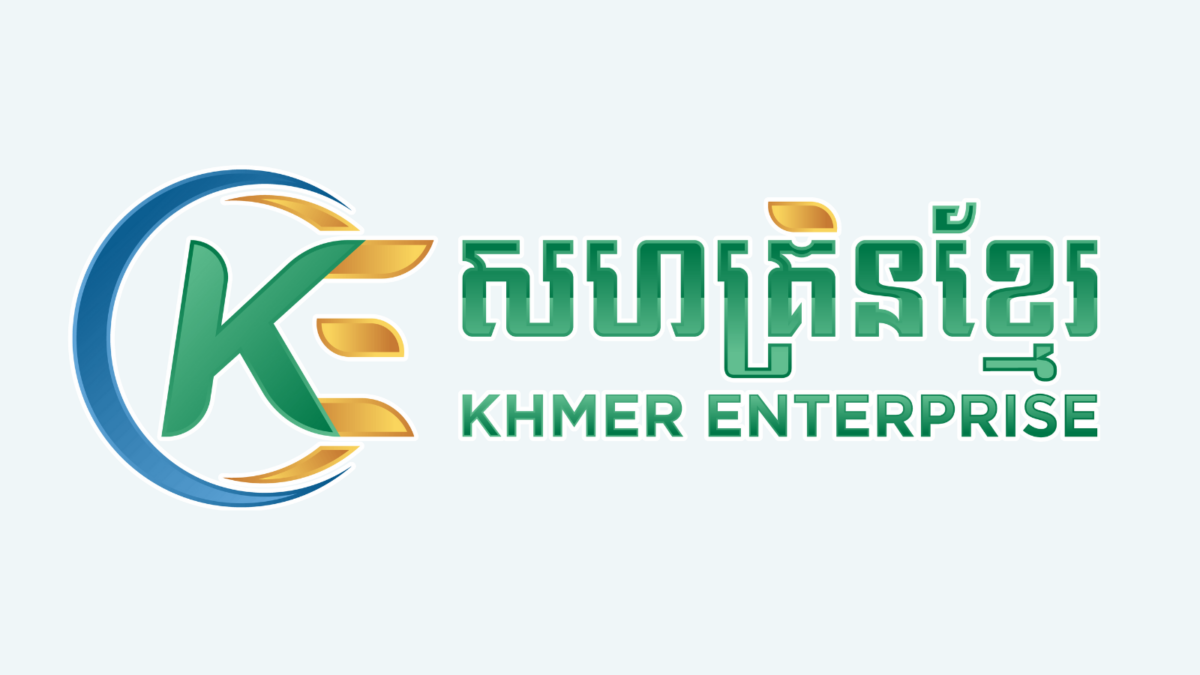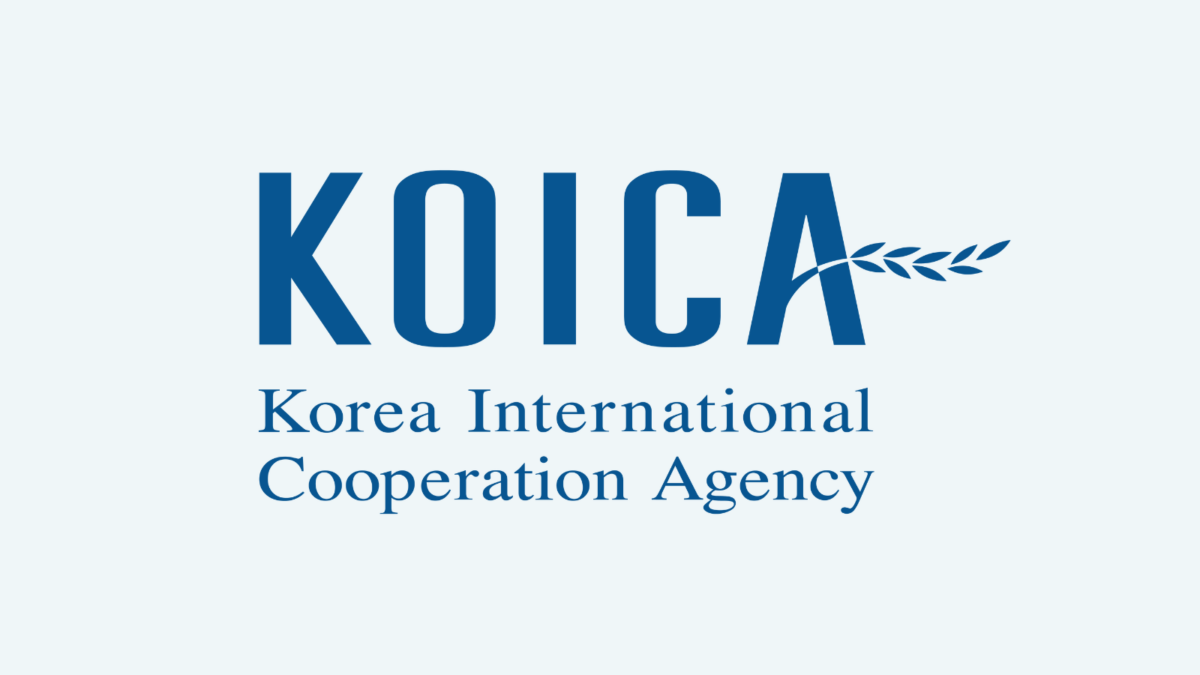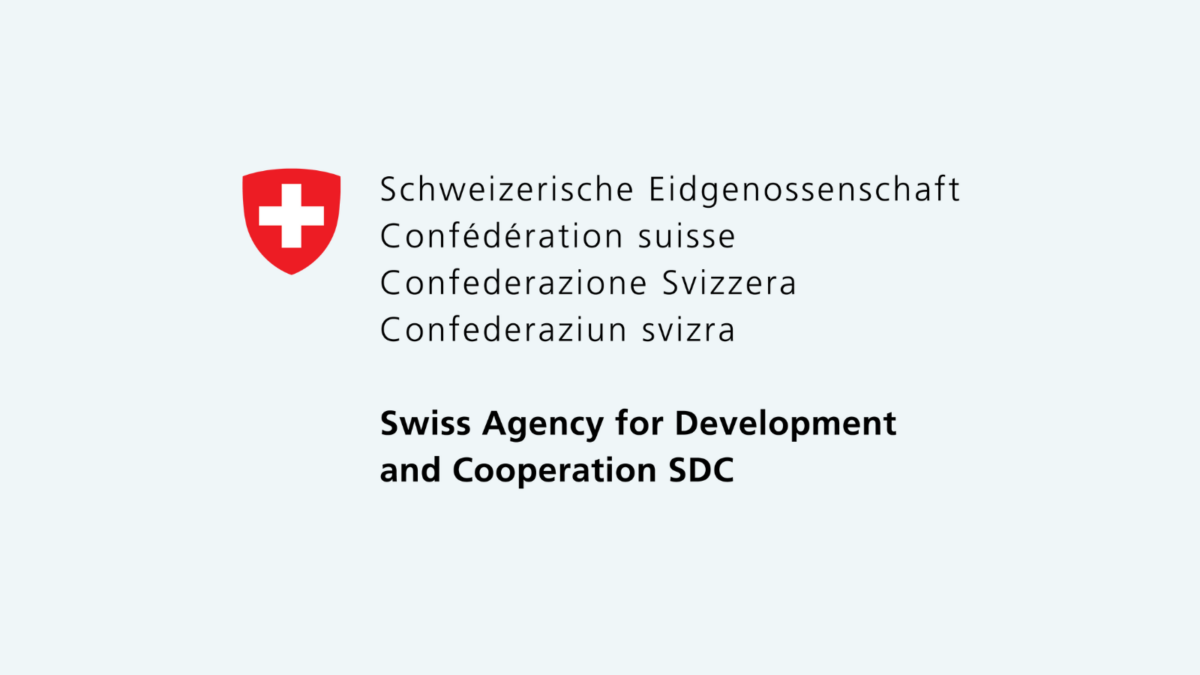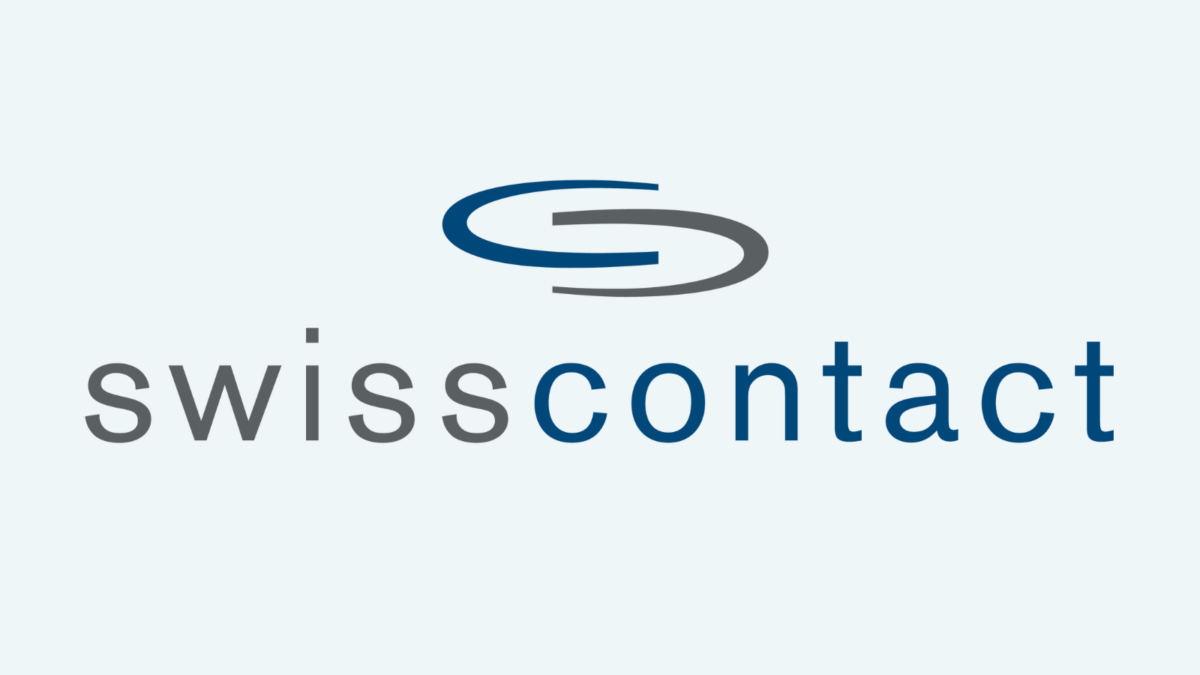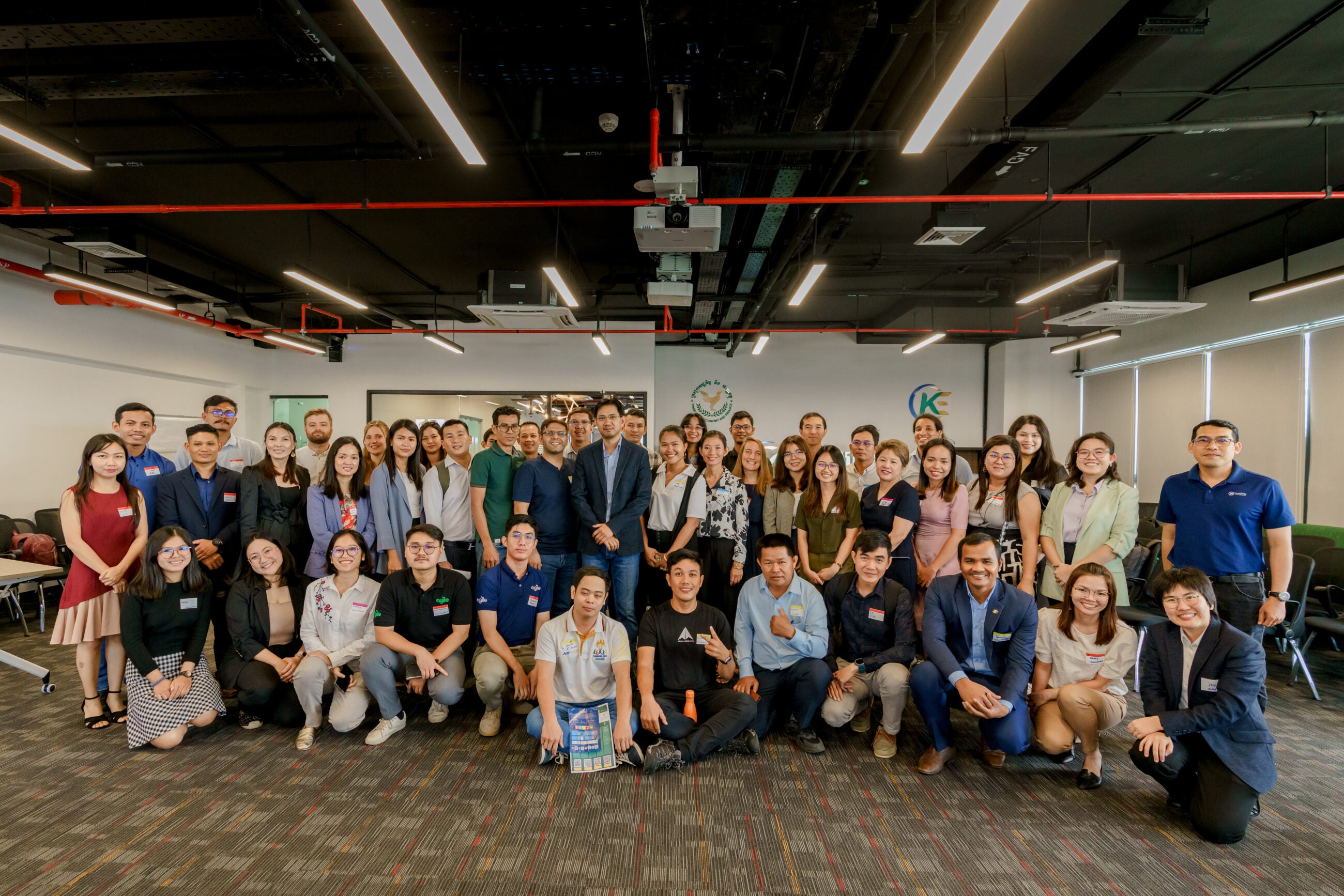
SCALE 360 is being offered across ANDE Chapters worldwide. Don’t miss this opportunity to be part of a transformative initiative that is shaping the future of BDS.
Unlock the Full Potential of Your Business Development Services with SCALE 360
The Aspen Network of Development Entrepreneurs (ANDE) is launching SCALE 360, a new global initiative aimed at strengthening Business Development Service (BDS) providers, including accelerators, incubators, and other entrepreneurial support organizations.
Drawing on insights from the Global Accelerator Learning Initiative (GALI) and the latest academic research, SCALE 360 applies the SCALE framework—Select, Charging, Address, Learning, Lead by Example—to equip BDS providers with evidence-based strategies that drive real impact.
This program brings together carefully selected cohorts of participants for an immersive learning journey, providing hands-on guidance on implementing best practices in BDS programming. Developed in collaboration with local ANDE members and partners, SCALE 360 delivers practical, actionable tools to unlock the growth potential of small and growing businesses (SGBs).

Our Partners
ANDE SCALE 360 Cambodia is partnering with Enhancing Entrepreneurial Ecosystem and Investments (3Ei), co-implemented by Khmer Enterprise and Swisscontact and funded by Swiss Agency for Development and Cooperation (SDC), the Korea International Cooperation Agency (KOICA) and Khmer Enterprise.
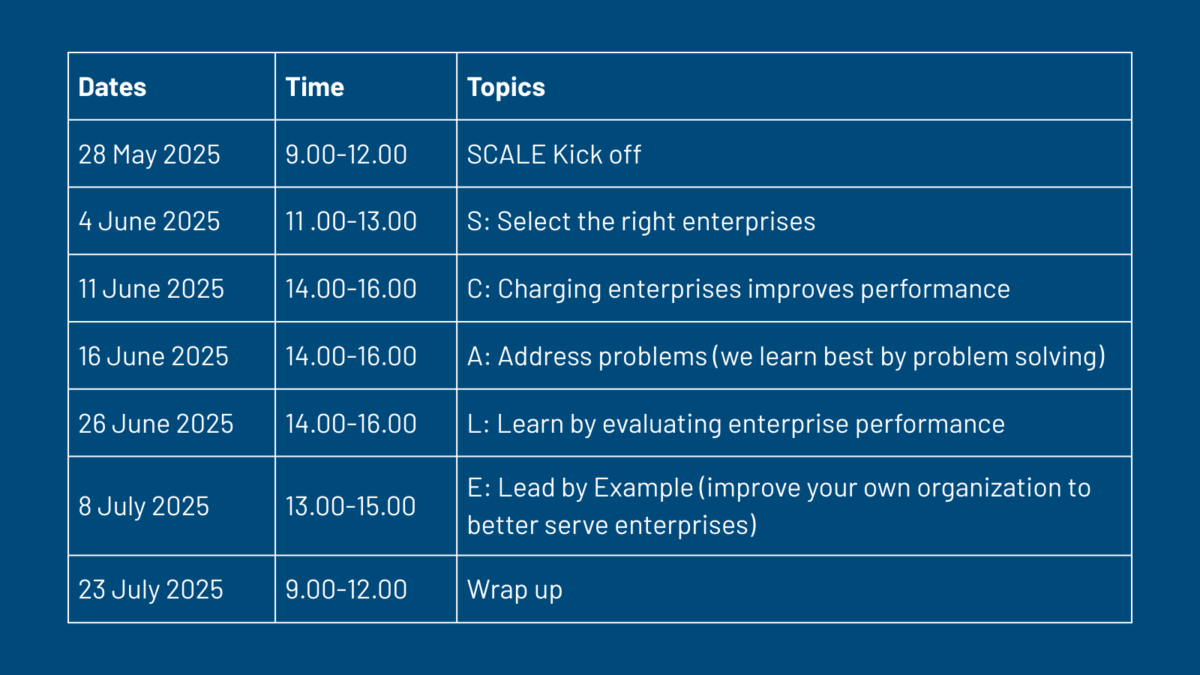
- 360 Degrees of Impact: Strengthening Cambodia’s Entrepreneurial Backbone
- From Referrals to Readiness: Real-World Lessons on Selecting the Right Enterprises
- Beyond the Paywall: Charging Improves Performance
- Solving What Matters: Addressing the Right Problems Enterprises Face
- Learning through Evaluation: How BDS Providers Can Use Data for Inclusive, Informed Entrepreneurship Support
- Leading by Example: Strengthening BDS from Within
- Celebrating the Journey: SCALE 360 Cambodia Wraps Up
ANDE East and Southeast Asia Chapter recently convened its cohort comprising 15 participants representing 9 organizations in Cambodia as a kickoff of the SCALE 360, a new global initiative that aims at strengthening and unlocking the potential of Business Development Service (BDS) providers, including accelerators, incubators, and other entrepreneurial support organizations, through a 2-month immersive learning journey that provides hands-on guidance on implementing best practices in BDS programming.
The Kickoff intended to ensure the readiness of all participants and provide them an opportunity to get to know each other. It excitedly started with the Pitch Me If You Can, an elevator pitch that allowed the participants to introduce themselves and the uniqueness of their business development services (BDS) programs, this was followed by the Common Ground, a FailFair-style activity that provided a safe space to the participants to talk about what didn’t work for their programs.
This in-person gathering concluded with a presentation, refreshing the participants of the construct of the SCALE 360 curriculum, and a benchmarking overview of the cohort that was conducted through self-evaluation of the participants’ organizations’ existing approaches which allows them to benchmark their practices against peers and improve those practices through goal setting.
The cohort will be convening again in the coming weeks for 5 in-depth sessions where they will be gaining practical insights and tools on applying the SCALE 360 principles from our invited expert speakers.
ANDE East and Southeast Asia started the SCALE 360 program in Cambodia with an energizing first session focused on the principle of “S” – Selecting the Right Enterprise. This session brought together our Cambodian cohort and three expert coaches: Deepak Menon from Village Capital, Ajay Menon from TechnoServe, and Phanith Sokha from Techo Startup Center. Each coach shared valuable insights and lessons learned from their enterprise selection processes—what works, and what doesn’t.

The session took a deep dive into practical tools and proven methodologies.
- Village Capital introduced their VIRAL Pathway, Briefing Book, and Peer Due Diligence Process—tools that support enterprise selection at different program stages to ensure alignment with goals and readiness.
- TechnoServe emphasized the importance of clear communication about the program offering and leveraging alumni success stories to set expectations. They also highlighted greenwashing as a key screening criterion for their GREENR program.
- Techo Startup Center shared how their multi-stage selection process evolved over time, ensuring that evaluation goes beyond what’s on paper to capture the full potential of applicants.
In the Q&A and breakout discussions, participants had the opportunity to share their own challenges and experiences. Several common themes emerged:
- Referrals from past participants, investors, and ecosystem partners are a highly effective way to identify the right enterprises.
- Cohort retention, limited time for the selection process, donor-market mismatches, and resource constraints remain persistent challenges for many.
The session was lively, with active exchanges between coaches and participants. Fortunately, the conversation doesn’t end here—the cohort will continue to receive tailored support through one-on-one coaching sessions with the expert coaches.
As the SCALE 360 journey continues, we’ll keep unpacking each principle with real-world practices from ANDE’s global network of practitioners.
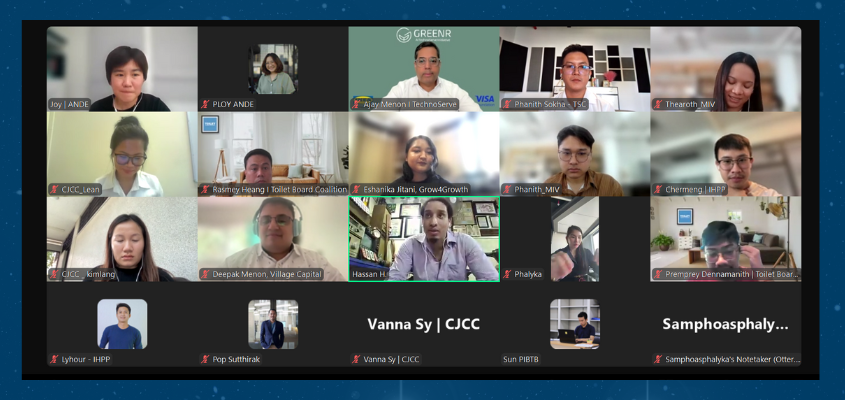
In our second virtual session of the SCALE 360 Cambodia program, the cohort dove into one of the more complex and often controversial principles of entrepreneurship support: “C – Charging Improves Performance.” Hosted by ANDE East and Southeast Asia, the session sparked rich discussions around how charging entrepreneurs for acceleration services can drive stronger results—if done thoughtfully.
We were thrilled to welcome three seasoned coaches who brought diverse perspectives from across the globe:
- Cecile Ney from Bpeace, working across Central America
- Palinda Kaituu from Fiji Enterprise Engine (FEE), in the Pacific Islands
- Vanna Sy from Cambodia-Japan Cooperation Center (CJCC), based right here in Cambodia
These experts generously shared how they’ve navigated charging entrepreneurs while still maintaining impact and accessibility. Here are some key takeaways:
- Bpeace uses a tiered pricing model based on the size of participating businesses and charges more for high-touch support. The result is impressive with 2x job creation and 10x Return on Investment. They found that even though the number of applicants declined, the quality and commitment of those who did apply increased significantly. Cecile emphasized that clear communication of value from the start and strong internal alignment are essential for success. Their main takeaway: contextual pricing is key—make it affordable enough not to exclude the right firms, but meaningful enough to encourage skin in the game.
- Fiji Enterprise Engine (FEE) stands out as the only BDS provider in Fiji that charges. Palinda explained how they frame their fee as value-based pricing—entrepreneurs are making an investment in their own future. When entrepreneurs pay, they’re more motivated to see results. FEE also supports access by offering flexible payment plans, helping reduce barriers without lowering perceived value.
- Vanna Sy shared CJCC’s approach of constant value reassessment. Their team regularly revisits whether they should continue charging, whether their programs are delivering short-, medium-, and long-term impact, and how their business model aligns with actual value delivered. CJCC even used a Business Model Canvas for their own acceleration program, ensuring they are listening to feedback and refining their offer continuously.
After hearing from the coaches, participants broke into groups to reflect on their own contexts around challenges of introducing a fee, other possible charging models and alternatives to charging that still boost commitment?
The discussion revealed that many ESOs (entrepreneur support organizations) in Cambodia are just beginning to explore fee-based models. Several participants expressed interest in experimenting with blended models, using small fees alongside donor funding, and exploring non-monetary forms of commitment where direct charging isn’t feasible.
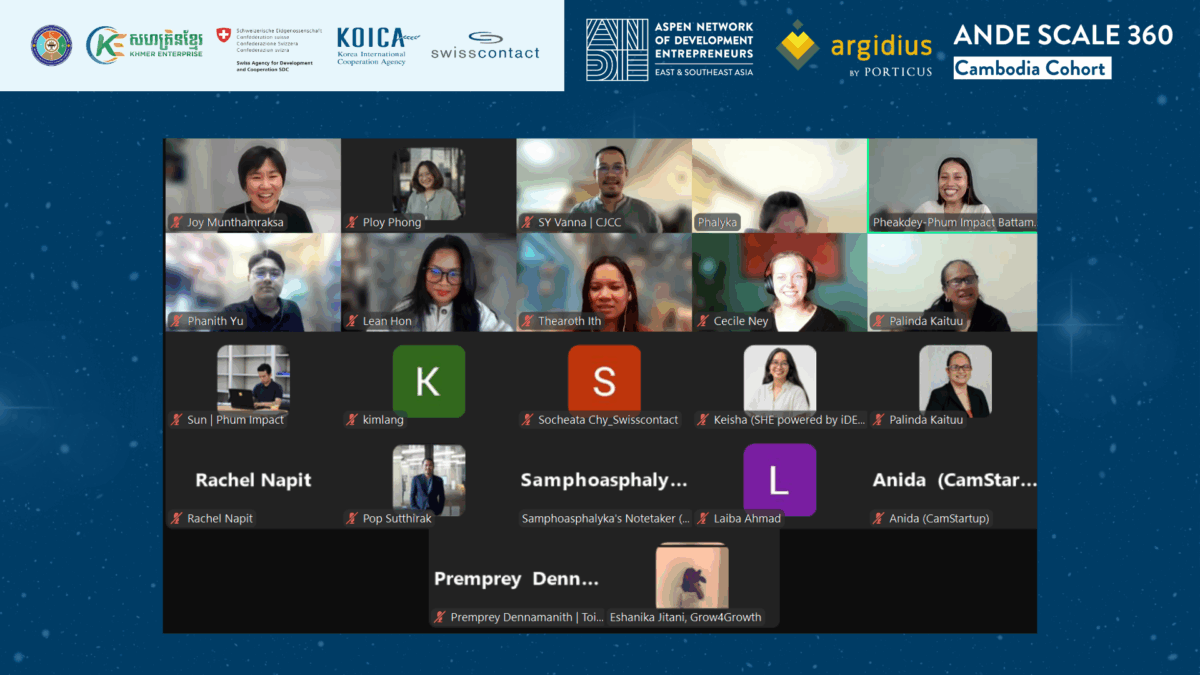
The third virtual session of the SCALE 360 program for the Cambodia cohort zoomed in on the “A – Addressing Problems” module. True to the SCALE principle—we learn best by solving real problems—this session brought together expert voices and practical insights on how to design entrepreneur support programs that are not only effective, but inclusive, relevant, and grounded in real-life experiences.
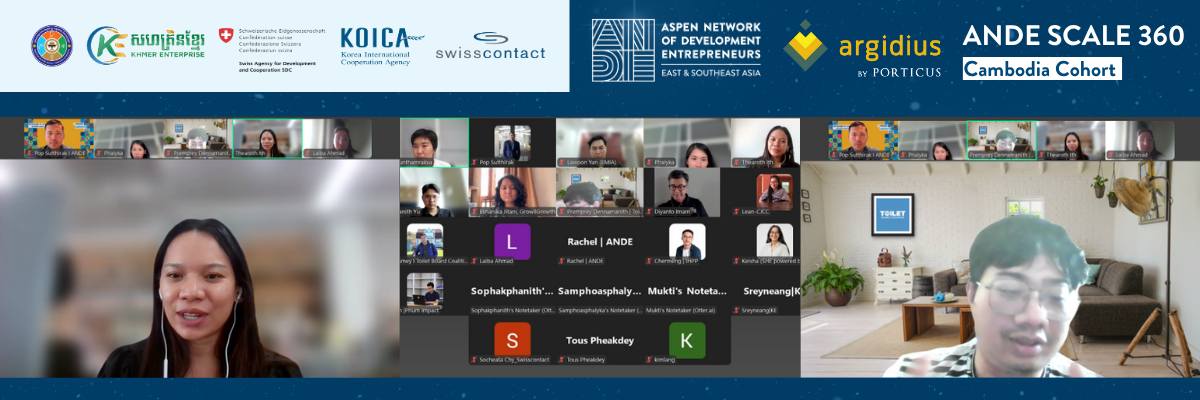
Diyanto Imam of New Energy Nexus Indonesia opened the session by sharing how their climate tech programs help startups overcome early-stage challenges. One key takeaway: entrepreneurs learn best when they know they are not alone. Creating a community of like-minded founders, supported by consistent mentoring and peer engagement, fosters trust and mutual growth. Diyanto emphasized that community building and inclusion—particularly of women and underrepresented founders—should be intentional from the very beginning of a program’s design.
Laiba Ahmad from invest2innovate (i2i) in Pakistan presented the organization’s flagship accelerator program, i2iScale. Instead of a one-size-fits-all model, i2iScale offers tailored support with diagnostic assessments that inform an individual roadmap for each entrepreneur, which includes North Star goal mapping, milestone planning, and action items for entrepreneurs to follow. The program also incorporates diverse peer learning tools such as breakout brainstorms, mastermind sessions, and hot-seat problem solving that reinforce collaborative learning. The results speak for themselves: i2iScale boasts an 86 NPS score and significant business growth across its cohorts.
La Woon Yan from Cnai Accelerator introduced their data-driven methodology to support startups and SMEs. The accelerator combines self-assessment, e-learning, peer learning, and one-on-one mentorship to create a founder-driven experience rooted in real-world application. Their focus on eliminating unconscious bias, using localized toolkits, and fostering collaboration between founders and support teams ensures a more inclusive and actionable program journey.
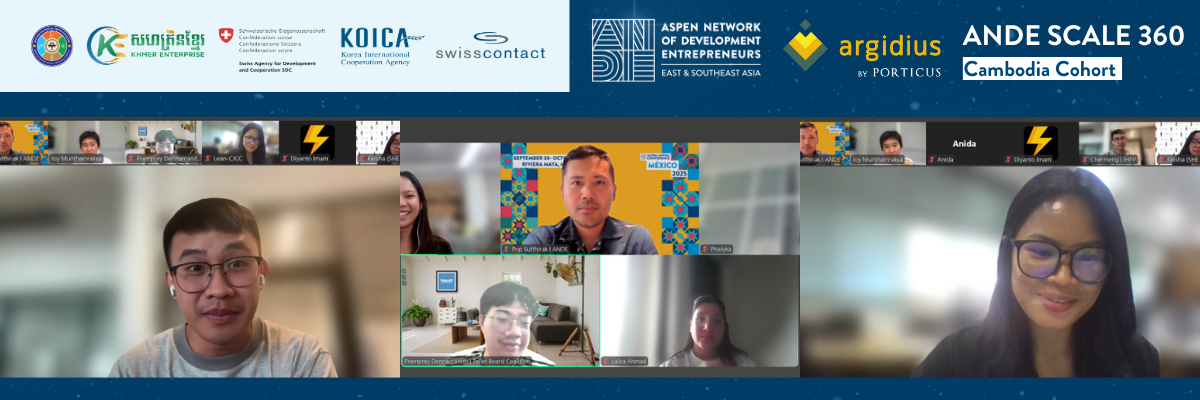
In breakout sessions, the Cambodia cohort reflected on their current pain points including how to maintain trust, commitment, and relevance throughout an entrepreneur support program. For example, peer learning is most effective when the trust building process has already been in place. Many acknowledged the continued need for structured, classroom-style content, especially when supporting founders with limited exposure to entrepreneurial training. However, they also recognized the value of peer learning, problem-based approaches, and personalized support models. The session sparked concrete ideas for improving program design and delivery by weaving in more interactive and founder-centered approaches.
The SCALE360 Cambodia cohort continued its journey through the SCALE framework with a focus on the “L – Learning by Evaluating Performance” module. This session brought together expert coaches who shared practical strategies and firsthand experiences in using data to enhance business development support for entrepreneurs.
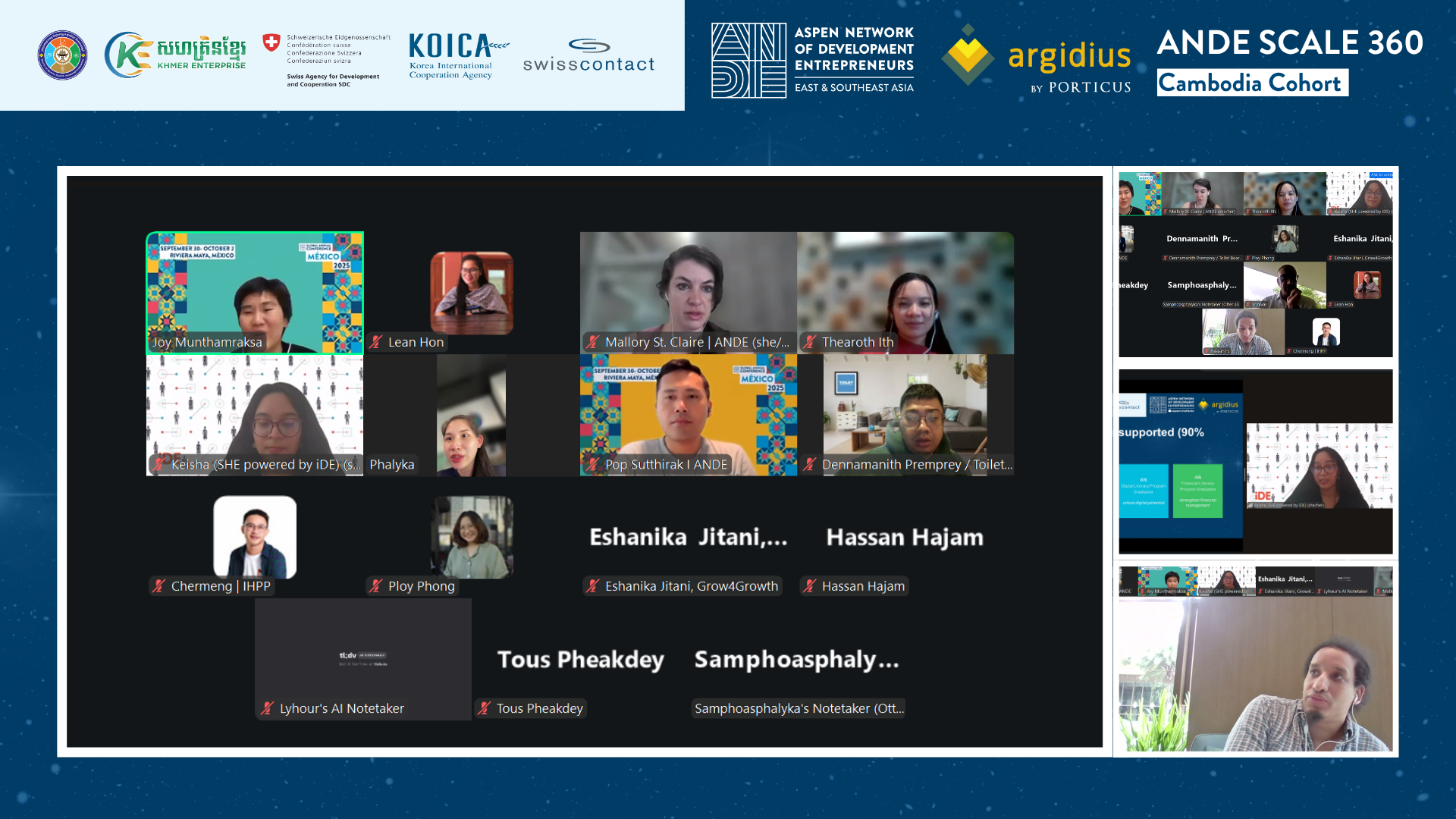
Mallory St.Claire, Impact Manager at ANDE, outlined three essential metrics that Business Development Service (BDS) providers should track to assess enterprise performance: revenue growth, number of full-time employees, and investment raised. She acknowledged the common difficulties in gathering data from entrepreneurs and recommended effective strategies such as building entrepreneurs’ capacity in data tracking, offering non-financial incentives, and applying lean data methods. Mallory also emphasized the importance of collecting disaggregated data to assess and eventually improve gender and inclusion outcomes.
Srinivas Ramanujam from Villgro shared Villgro’s data-driven approach to impact measurement. He underscored the value of aligning impact measurement with clear goals, integrating it into contracts, and keeping data collection simple and relevant for entrepreneurs. Srinivas highlighted how impact data supports both performance improvement and fundraising efforts, as well as informs internal decision-making.
Keisha Gani of iDE presented their impact measurement framework, developed since 2021 to support gender-inclusive ecosystems. Keisha described a comprehensive approach that includes needs assessments, baseline evaluations, ongoing feedback loops, and post-program reviews. She also stressed the importance of team-wide responsibility in data collection.
In breakout sessions, participants discussed shared challenges in data collection and use. Building trust with entrepreneurs and ensuring data security emerged as key concerns. Some participants also pointed to the importance of combining quantitative metrics with qualitative insights to more fully capture entrepreneurial growth. Recognizing the difficulty in attributing outcomes to specific programs—especially when entrepreneurs engage in multiple initiatives—participants suggested focusing on broader entrepreneurial achievements rather than program-specific impacts. The importance of communicating the purpose of data collection and the value to participants was also emphasized.
The final module of the SCALE 360 program centered on the theme Leading by Example, with a deep dive into core elements that shape the effectiveness of business development support (BDS) programs — strategy, governance, team dynamics, and financial sustainability. The goal is to empower BDS organizations to strengthen themselves in order to better serve entrepreneurs.
We kicked off with insights from Tom Sebastian of Seedstars, who unpacked why 80% of BDS programs in emerging markets struggle to scale beyond initial funding. A key reason? Too often, programs rely on assumptions and replicate models from other contexts, without grounding them in evidence. Tom emphasized designing programs that fit the local context and actively engaging local entrepreneur role models at every stage. To address sustainability, Tom introduced the 40-30-20-10 model — a diversified approach where 40% of revenue comes from grants, 30% from earned income, 20% from corporate partnerships, and 10% from alumni contributions.
Next, Priya Thachadi of Villgro Philippines shared the organization’s strategic evolution — moving from a sector-agnostic model to one that is thematically focused on climate, health, gender, and inclusion. She emphasized tailored support, localization, and embedding gender and inclusion lenses across their work. Villgro Philippines’ own financial sustainability journey includes a healthy mix of grants, consulting services, and investment facilitation.
We then heard from Melanie Mossard of Impact Hub Phnom Penh, who highlighted their locally-rooted approach to supporting entrepreneurs. She introduced their five guiding principles: making a positive impact, prioritizing customer satisfaction, ensuring strong revenue and resource flows, building a solid team, and safeguarding founder well-being. Melanie also emphasized the value of designing programs grounded in local realities, bringing in successful entrepreneurs as mentors, and fostering synergies through targeted initiatives and active alumni networks.
During breakout discussions, participants exchanged ideas and experiences around financial sustainability, with many already moving toward diversified revenue models beyond just grant funding. On team attraction and retention, the conversation went beyond compensation — touching on organizational culture, shared values, professional growth, and personal development support.
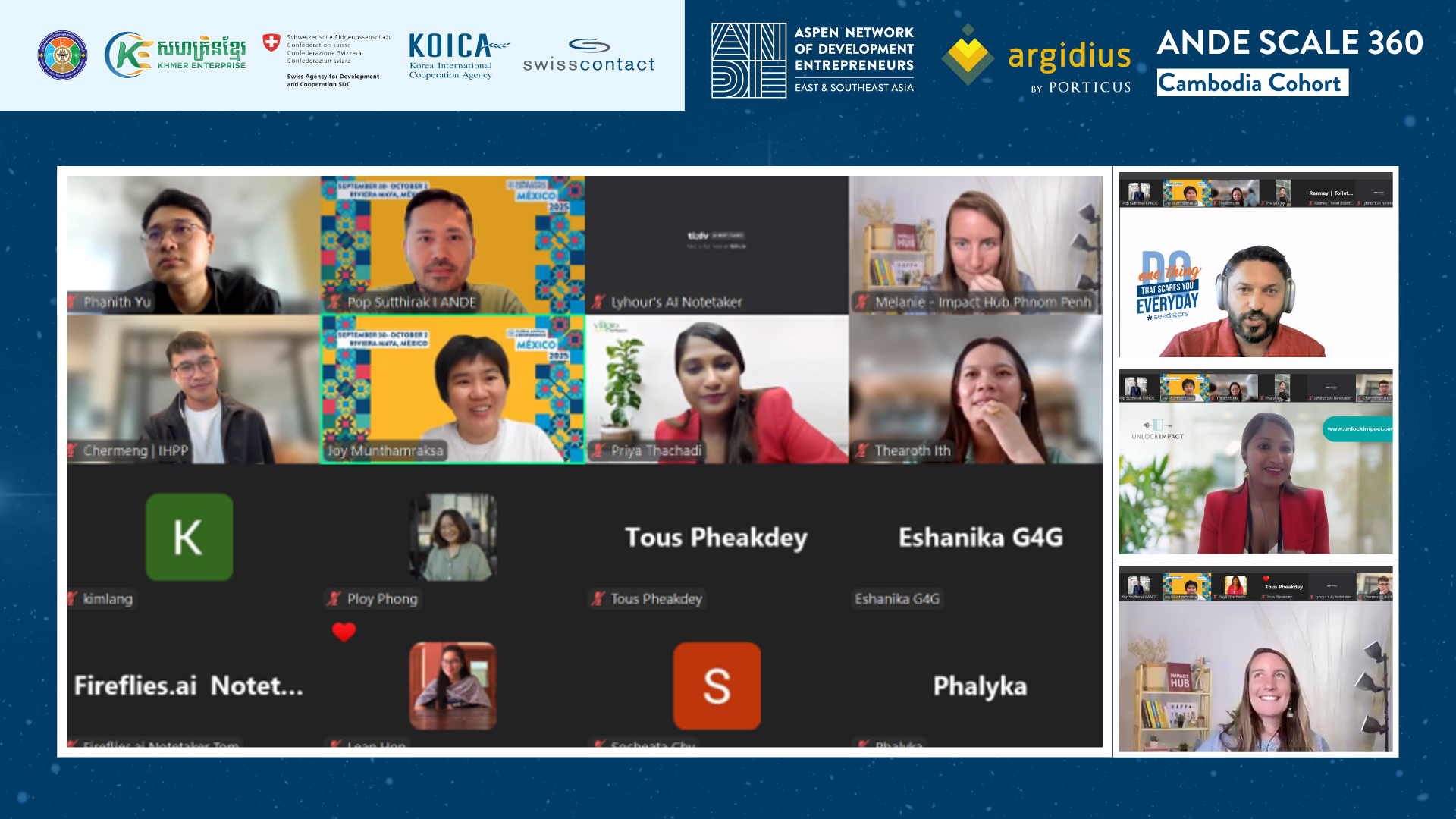
With this, we have now completed all five modules of the SCALE 360 program. In two weeks, we’ll come together for an in-person wrap-up session — a time to reflect on the journey so far and begin turning ideas into action to strengthen BDS programs in Cambodia.
We marked the official wrap-up of the SCALE 360 Cambodia program—an inspiring moment for all of us at ANDE and the incredible organizations who took part in this journey. Over the past several months, participants have immersed themselves in a unique experience designed to strengthen their business development support (BDS) programs for entrepreneurs across Cambodia. And during today’s closing session, that collective effort truly came full circle.
We opened the day with a simple yet powerful exercise—asking participants to share one word that summed up their SCALE 360 experience. The responses—insightful, reflection, engaging, relevant—spoke volumes. These words reflected the value participants found in the program and how it supported their work.
Through personal drawings, participants illustrated their journey in the program. Common themes emerged: the practical and applicable nature of the sessions, the value of gaining insights from both international and local coaches, the creation of a safe space to openly discuss challenges, and the power of being connected to a community of like-minded peers. Many cited the program as a source of motivation to improve how they work, design, and deliver their BDS offerings.
One of the most meaningful parts of the wrap-up session was revisiting the goals each organization set at the start of the program. With their newly developed action plans and realistic timelines, we saw tangible momentum: organizations are testing new charging models, addressing data collection gaps, integrating feedback loops from past cohorts, diversifying revenue streams, and incorporating peer-to-peer learning into their program design. What’s more, some of these plans are already in motion.
Of course, learning doesn’t stop here. We have committed to checking in with participants later this year and continuing to support them as they move from planning to implementation.
We also gathered in-depth feedback on the program itself—from the content of each of the S-C-A-L-E modules to the structure and format including virtual sessions, 1:1 coaching, benchmarking exercises and goal setting, pre-reading and homework, and support provided by the ANDE team. We’re deeply grateful for everyone’s candid reflections and thoughtful suggestions. Your input will directly shape the evolution of SCALE 360 in future cohorts.
While the SCALE 360 Cambodia chapter may be closing, it is only the beginning of a much bigger story—one of transformation, experimentation, and continued efforts to improve entrepreneurial support in Cambodia.
We are also excited to welcome all participants into the SCALE 360 global alumni community—a network of peers across the world who are also working to strengthen their BDS programs and support entrepreneurs in their local contexts. We look forward to staying connected and creating opportunities for shared learning, collaboration, and continued growth.
Thank you again to each participant for your dedication, openness, and courage to try new things. Hang in there—ANDE is with you every step of the way.
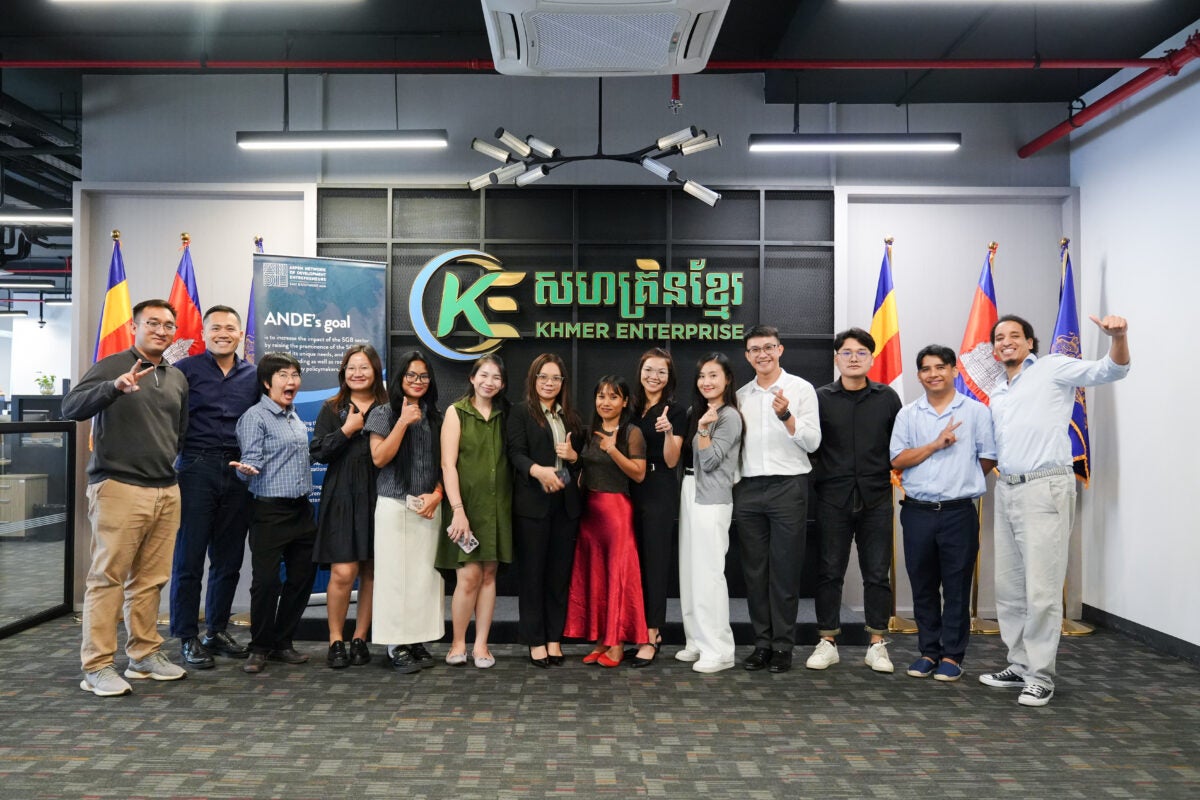
OUR FIRST-EVER CAMBODIA COHORT
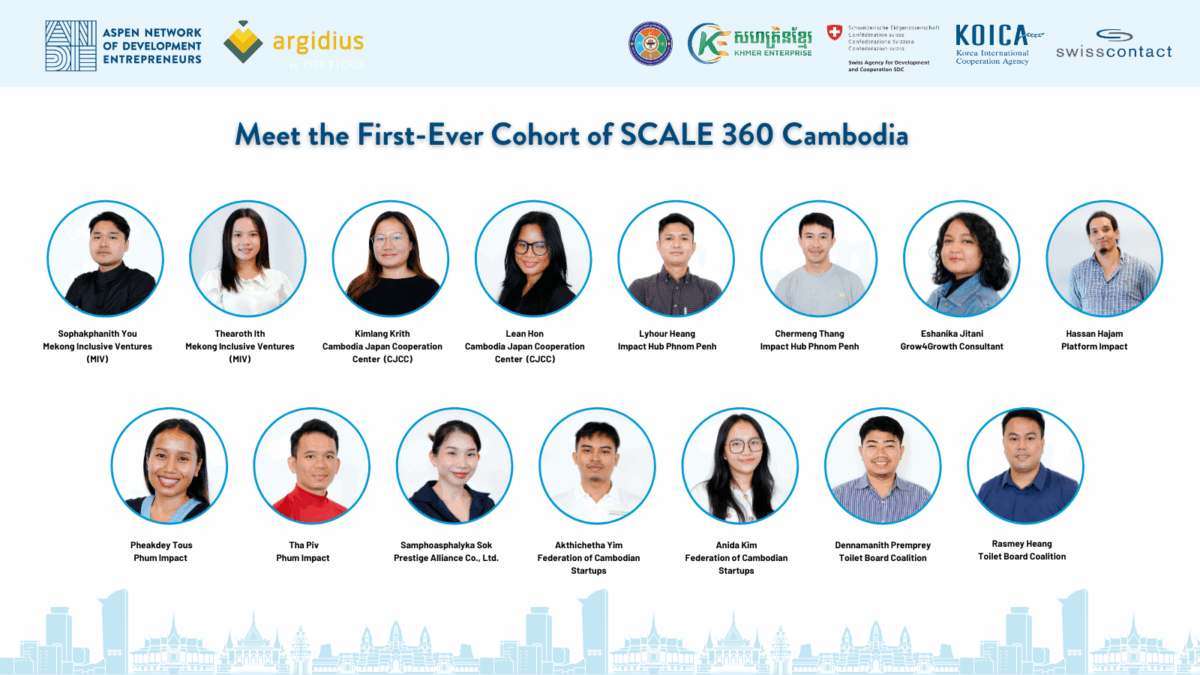
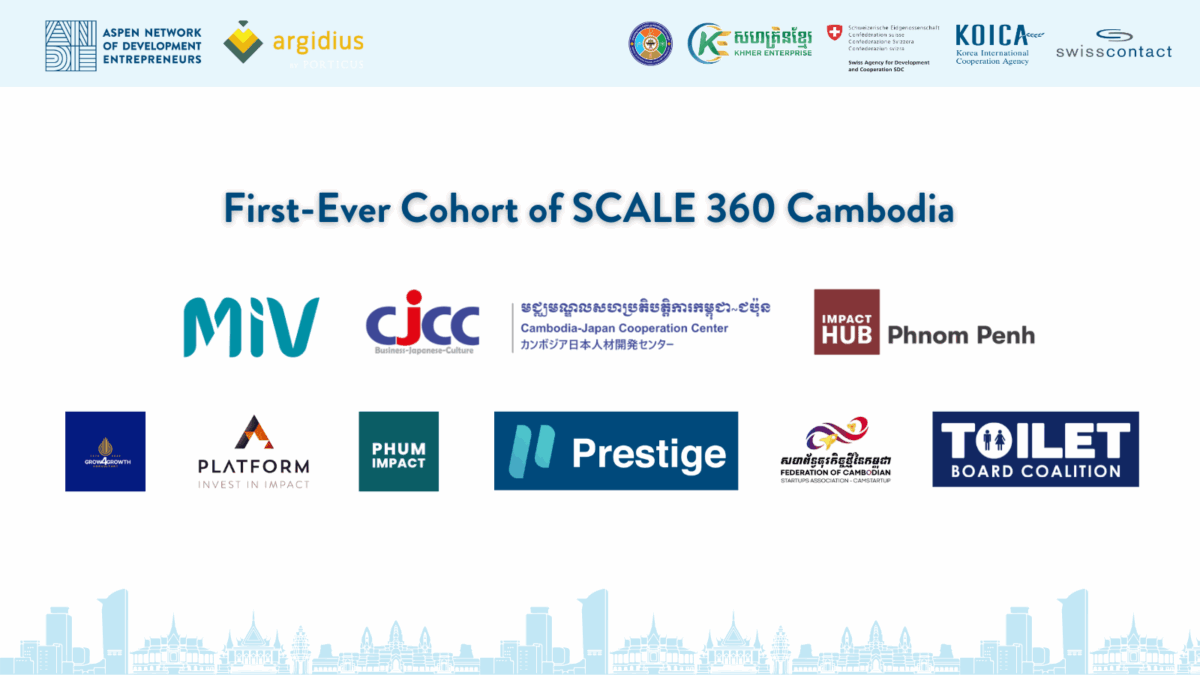
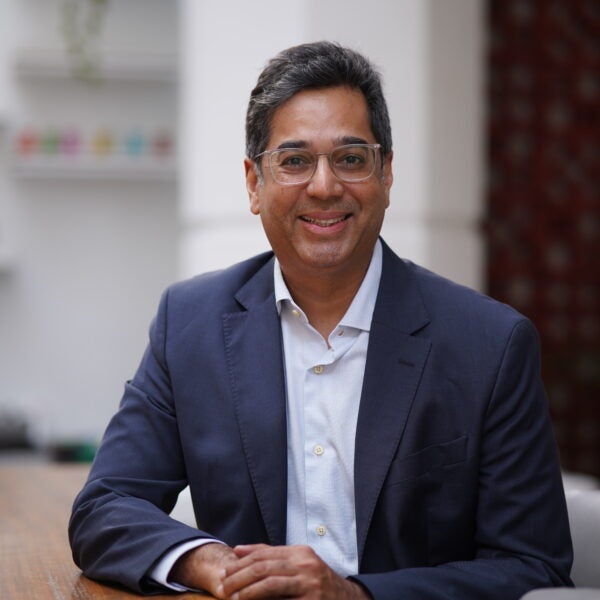
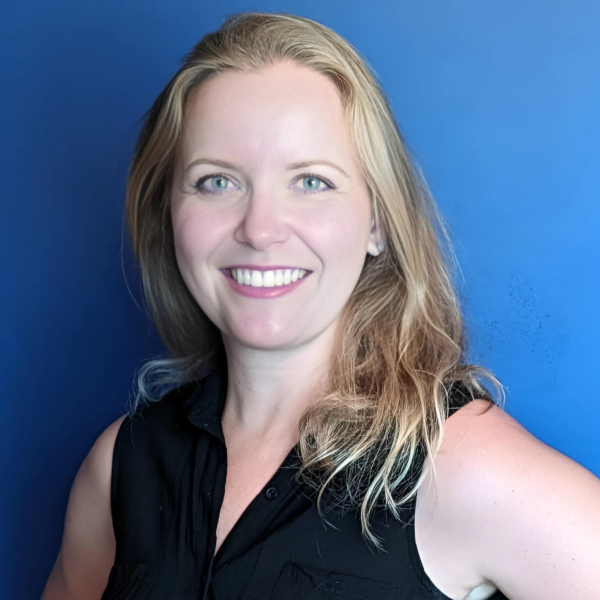
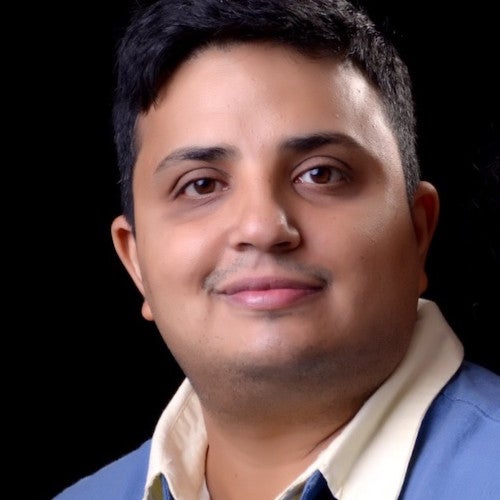
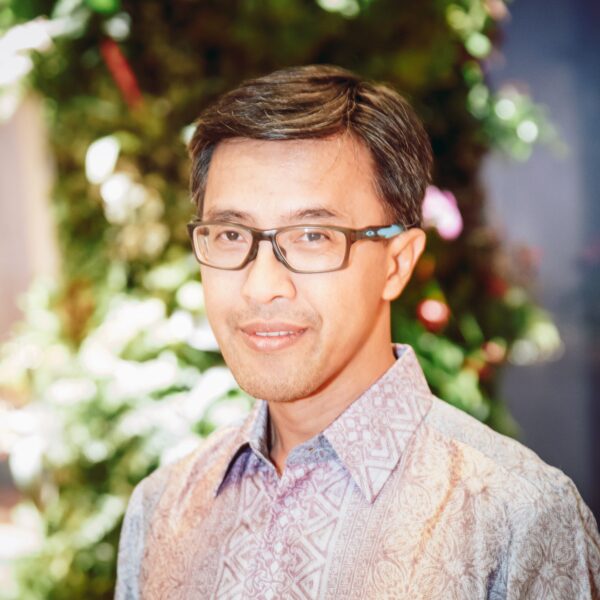


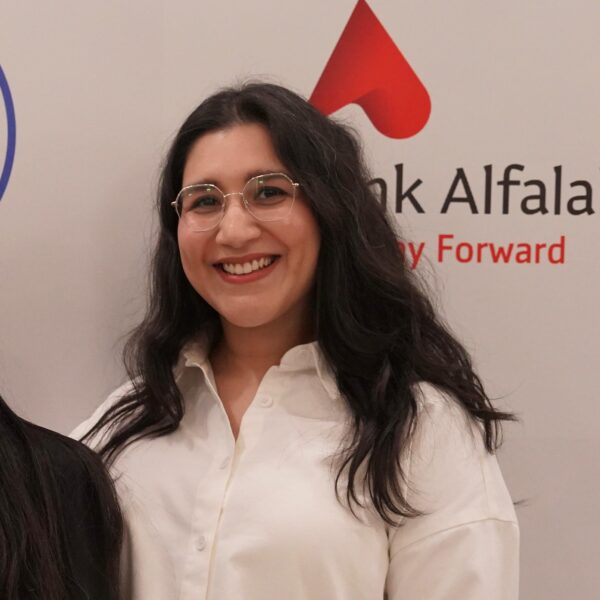
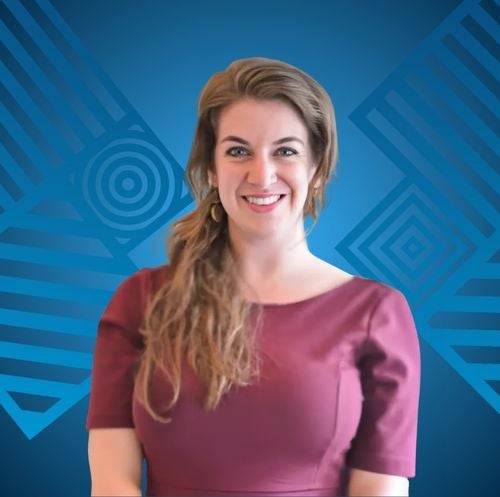
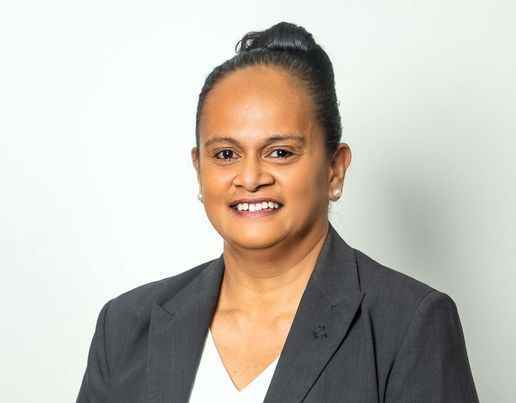
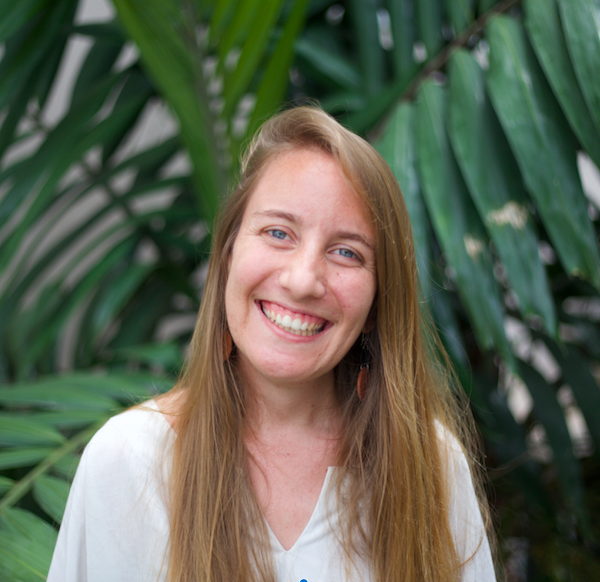

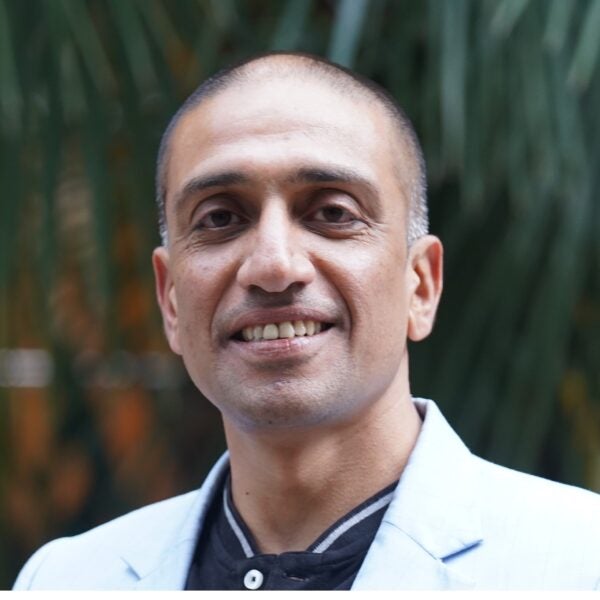
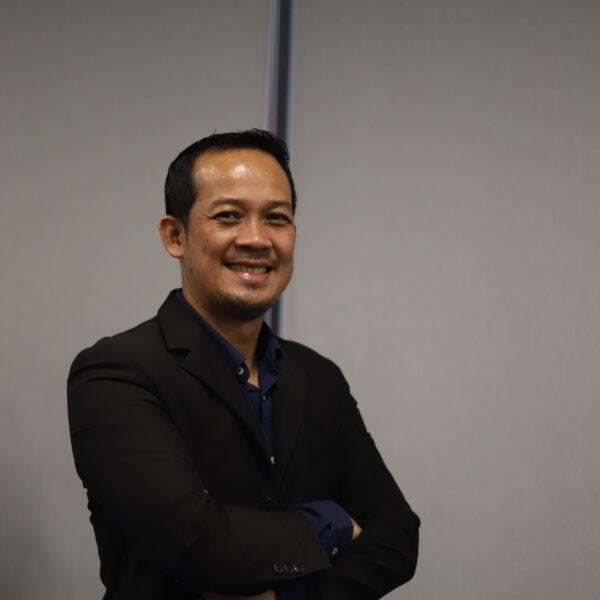
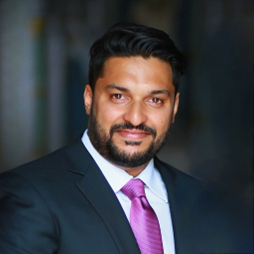

If you have any questions, reach out to Joy at joy.munthamraksa@aspeninstitute.org.


